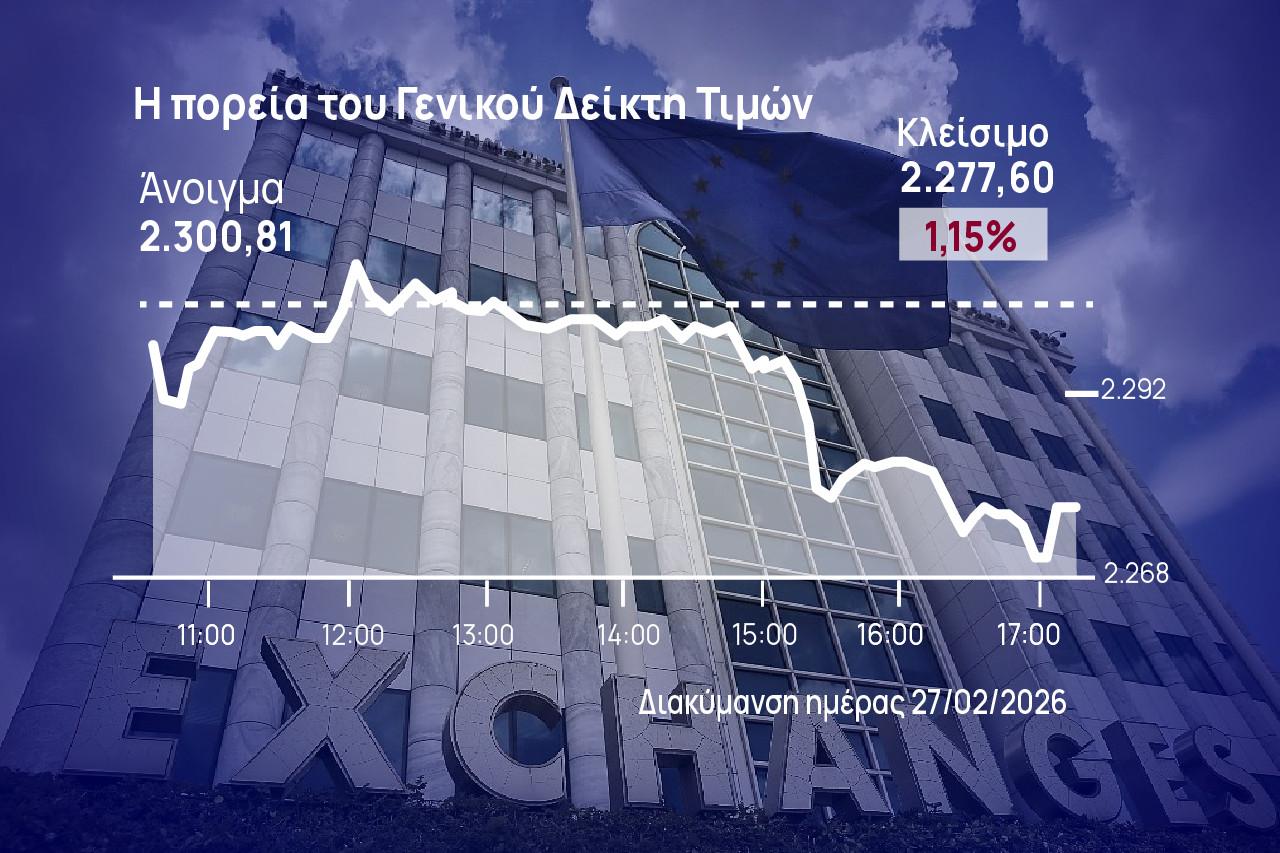Today Piraeus Bank will begin the round of 2022 financial results publications for the domestic systemic groups. The year 2022 was the first fiscal year with high profitability since the outbreak of the financial crisis at the beginning of the last decade.
The corresponding announcements from Alpha Bank, Eurobank and National Bank will follow in mid-March.
After the last big wave of consolidation and transformation of the previous three years, the big four of the sector managed last year to return to a strong result, which was based on the following axes:
– In the strengthening of net income from interest and commissions, due to the high credit expansion and the increase in the last quarter of the year in interest rates on loans, following the aggressive tightening of monetary policy by the ECB
– In achieving high windfall profits both from the bond market and from the sale of individual secondary businesses such as the card clearing sector
– The significant reduction in provisions for credit risk, after the delinquency ratio shrank below 10%
– To limit or contain operating costs, thanks to the voluntary exit and restructuring programs of the store network implemented in previous years, against inflationary pressures after the Russian invasion of Ukraine
Analysts estimate that the net profitability of 2022 will be in the region of 3.5 billion euros, of which 1/3 will come from extraordinary and non-recurring sources.
Estimates for 2023
As the pundits point out, “the market has discounted the very good performance of the previous year and is now betting on a second consecutive year with high flying results”.
In this context, the interest of the investment community will focus on the estimates of the bank administrations for 2023 during the teleconferences that will follow the publication of the 2022 figures.
Conservative forecasts place the amount of after-tax profits for this year at the level of 2 billion euros, with the catalyst being the increase in organic profitability, through the strengthening of interest income by 15% – 20%.
The formation of European interest rates at the highest levels since the end of the 2000s will contribute decisively to this.
The ECB will proceed to increase its key intervention index by 50 basis points to 3.5% in mid-March, to be followed in all likelihood by two more adjustments of around 25 points by the summer.
Given that most loans in Greece are floating rate, there will be a big boost to net interest income.
Interest rate risks
However, this development also poses risks for the quality of the banks’ loan portfolio.
According to industry sources, an increase in bad loan inflows is inevitable, as economic activity will slow this year and interest rates will strengthen.
The biggest concern is focused on small loans, that is, housing and business credit. This is because borrowers in these categories are likely to be unable to recoup the income losses caused by accuracy, unlike larger businesses that have better defenses and the ability to profit in an inflationary environment.
In the base scenario, however, according to the banks, the new generation of non-performing exposures is expected to be limited in size, and therefore manageable.
Their managements declare that they are ready to deal with possible irregularities in the collections from their on-balance sheet portfolio, with moves to relieve customers.
Moreover, they now have a ready mechanism for promoting the appropriate arrangements, through their collaborations with the companies specialized in the specific field of loan and credit claims management.











































